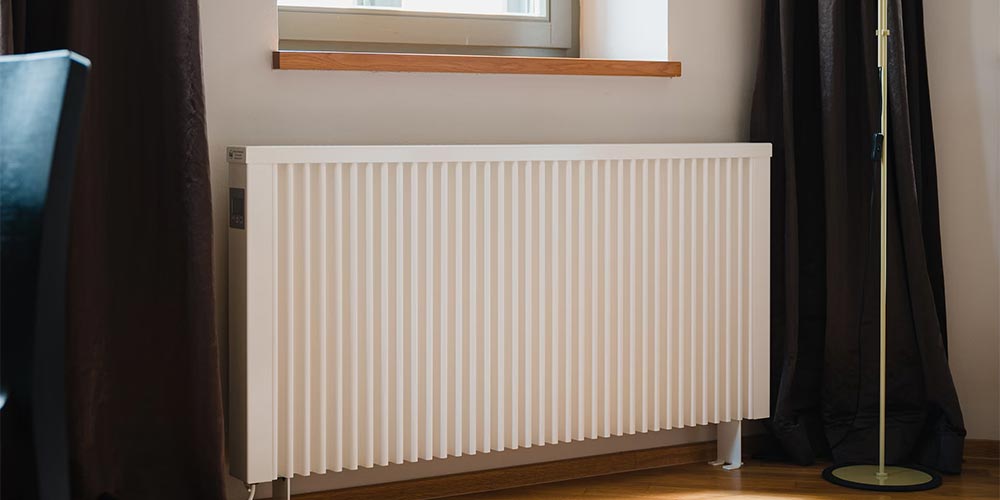
As the winter chill sets in, keeping your home warm becomes a top priority. However, the cost of heating can quickly add up, especially if you’re not mindful of your energy consumption. Here you have some good habits to help you avoid paying too much for your energy, with a particular focus on your boiler usage. These tips will not only save you money but also contribute to a more sustainable future.
Regular boiler maintenance
One of the keys to efficient heating and energy savings is proper boiler maintenance. Neglecting your boiler can lead to reduced performance and increased energy bills. To avoid this, schedule regular maintenance check-ups with a qualified technician like JF Heating. They will ensure that your boiler is operating at optimum efficiency, avoiding unnecessary waste of energy.
Boiler installation
When it comes to boiler usage, selecting the right unit is essential. If you’re in need of a new boiler or a replacement, consider energy-efficient options. Modern boilers are designed to be more eco-friendly and energy-efficient than their older counterparts. Look for boilers with high AFUE (Annual Fuel Utilization Efficiency) ratings to ensure you get the most heat for your energy dollars. Proper boiler installation, carried out by professionals, can also make a significant difference in its efficiency.
Insulate your home
Proper insulation is crucial when it comes to maintaining a comfortable temperature in your home. Insulation helps trap heat inside your living spaces, reducing the need for constant heating. Make sure your walls, roof, and windows are adequately insulated to prevent heat from escaping. This will significantly decrease your reliance on your boiler, resulting in lower energy bills.
Programmable thermostat
Investing in a programmable thermostat can be a game-changer in your quest to save on energy costs. These devices allow you to set specific temperatures for different times of the day or night. For instance, you can lower the temperature when you’re away from home or asleep, and have it automatically rise when you return or wake up.
Practice zone heating
Zone heating is an energy-saving strategy that involves heating specific areas of your home rather than the entire house. Instead of cranking up the heat throughout your home, focus on the rooms you use most frequently. This approach allows you to maintain comfort in the areas you need it most while reducing overall energy consumption.
Seal leaks and drafts
Drafts and air leaks around windows, doors, and vents can be major contributors to heat loss in your home. Check for gaps and seal them to prevent cold air from entering and warm air from escaping. Simple measures like using weatherstripping or adding caulking can go a long way in reducing heat loss, thereby decreasing your heating costs.
Regular boiler usage
It’s important to use your boiler efficiently. Avoid turning the thermostat to high settings when you feel cold. Instead, dress warmly and gradually increase the temperature until you’re comfortable. Also, make use of natural sunlight during the day to passively warm your home, reducing the need for artificial heating.
Opt for renewable energy sources
Consider incorporating renewable energy sources, such as solar panels or a heat pump, into your home’s heating system. While these installations may require an initial investment, they can significantly reduce your long-term energy costs and reliance on traditional heating methods.
Heating your home doesn’t have to break the bank. By adopting these good habits and being mindful of your boiler usage, you can stay warm and comfortable while keeping your energy bills in check. Remember that a well-maintained boiler, proper insulation, a programmable thermostat, and other energy-saving measures can lead to substantial savings over time. Moreover, don’t forget to consult professionals for expert advice, ensuring that your heating system operates at peak performance.
